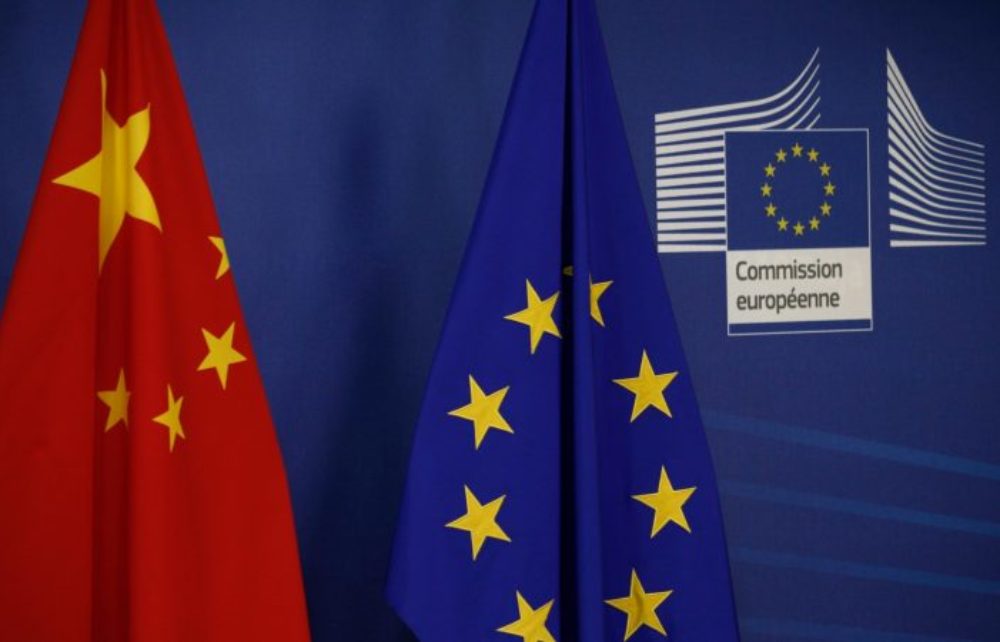The Annual Business Confidence Survey of European firms operating in China points to never-before-seen levels of pessimism ‘setting a negative cycle in motion’, while regions such as Southeast Asia and India increasingly become more appealing.
Among respondents to the European Union Chamber of Commerce in China annual Business Confidence Survey, 15 per cent – a record-low proportion of companies in the poll – said China was still their top investment destination, while only 13 per cent – another historic low – still viewed it as the top destination for the future.
Another 13 per cent, the highest share ever recorded in the survey, said they were not planning to further invest in China.
New Demands for Foreign Workers Re-entering China a ‘de Facto Ban’ – European Chamber
Despite three-quarters of respondents saying they planned to reinvest some of their 2023 profits in China, more than a third said they would reinvest less than their historical average.
China is “no longer the obvious choice for all”, said the annual report, which cited responses from 529 member companies in January and February.
“What is happening now is that companies are beginning to realise that some pressures seen in the global market, as well as the competition with us, have really taken on a more permanent danger,” Jens Eskelund, the chamber president, was quoted as saying in the report.
“Positive steps” by China to reduce international travel restrictions, EU chamber says
Concerns about China and the global economic slowdown; US-China tensions; risks from geopolitical conflicts; and competition with the Chinese private sector were the main challenges flagged by companies in the survey.
“Sentiment about the business environment fell to an all-time low, as regulatory obstacles remained largely unresolved in 2023,” the report said.
More than two-thirds said that doing business in China had become more difficult, marking the highest proportion on record.
Portugal out of Extension of Visa Waiver to 11 European Countries by China
Geopolitical tensions, stricter data regulation and an overemphasis on self-reliance and national security have particularly dealt a heavy blow to foreign companies in information technology, while market restrictions and stalled improvements in intellectual property protection have impaired the investment prospects of pharmaceutical companies.
The survey also showed a rise, albeit mildly, in investments moving out of China or decisions to shift to other countries.
The Association of Southeast Asian Nations has been the main beneficiary of China’s fading appeal as a destination for foreign investment, with 21 per cent of respondents having already moved – or were considering moving – investments originally planned for China. The region was followed by Europe, India and North America.
Portugal a “Good Platform for Chinese Investors” in Europe and Atlantic, Ambassador to China Says
Overcapacity has emerged as one of the challenges for European companies in China, and was mainly cited by companies in civil engineering and construction, automotive, machinery and petrochemical sectors.
“If the interconnected issues of weak demand and overcapacity remain unaddressed, competitive pressure is likely to intensify further, which would be in line with the expectations of more than 60 per cent of respondents,” it said.
More than one-third of respondents reported increased revenue, but that still came in at the lowest level on record, the report said.




